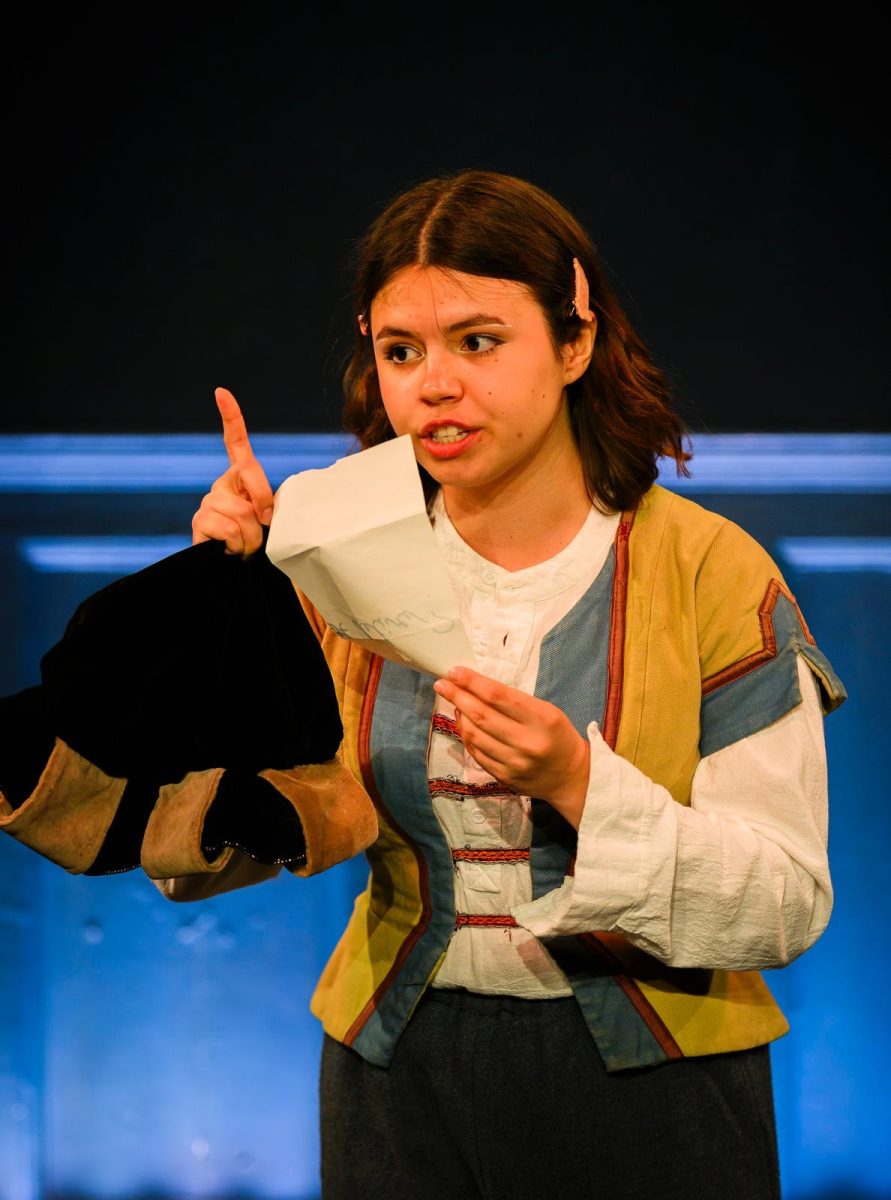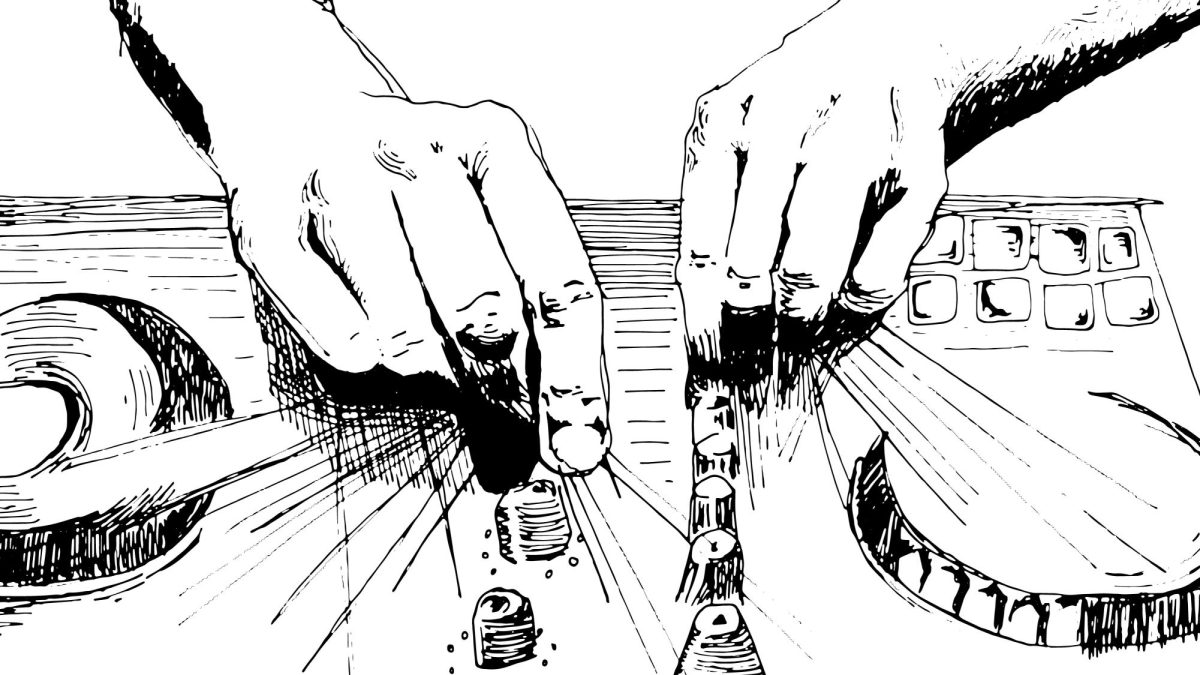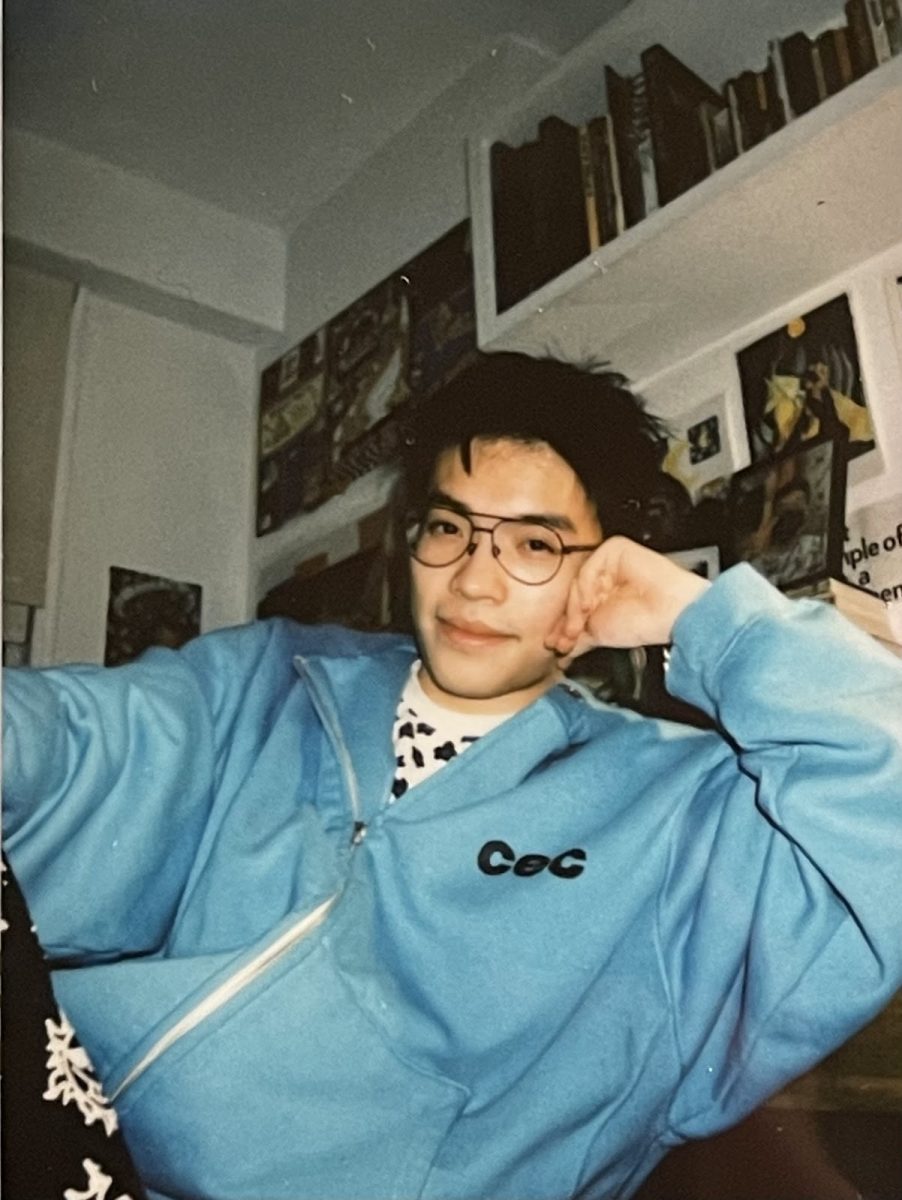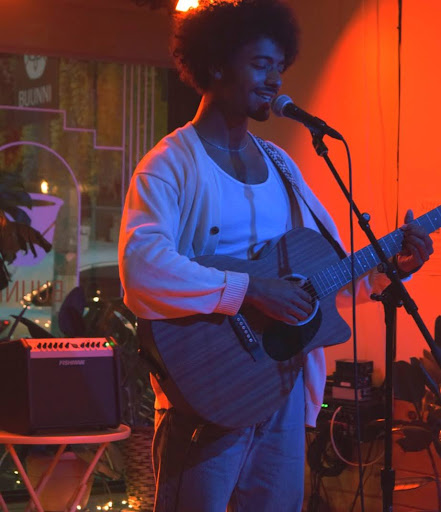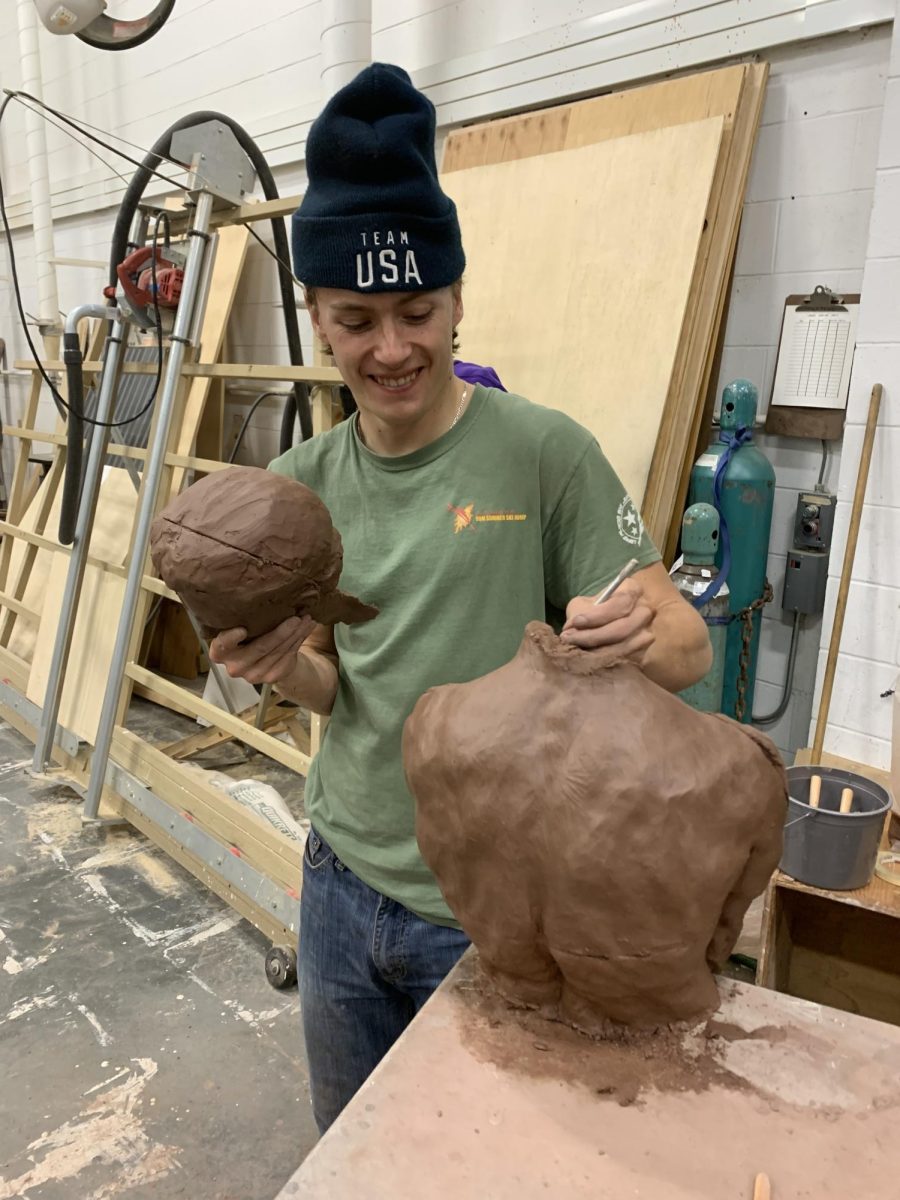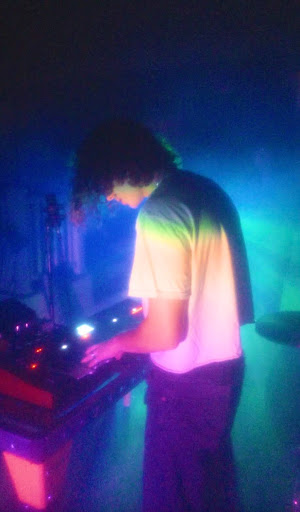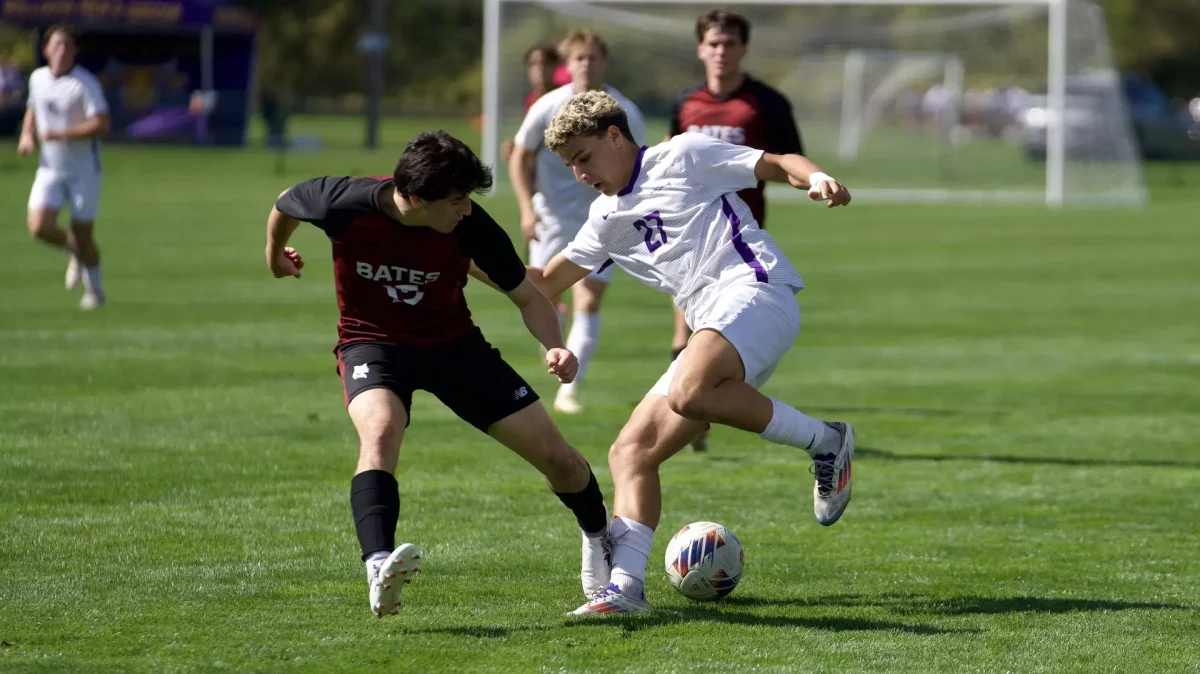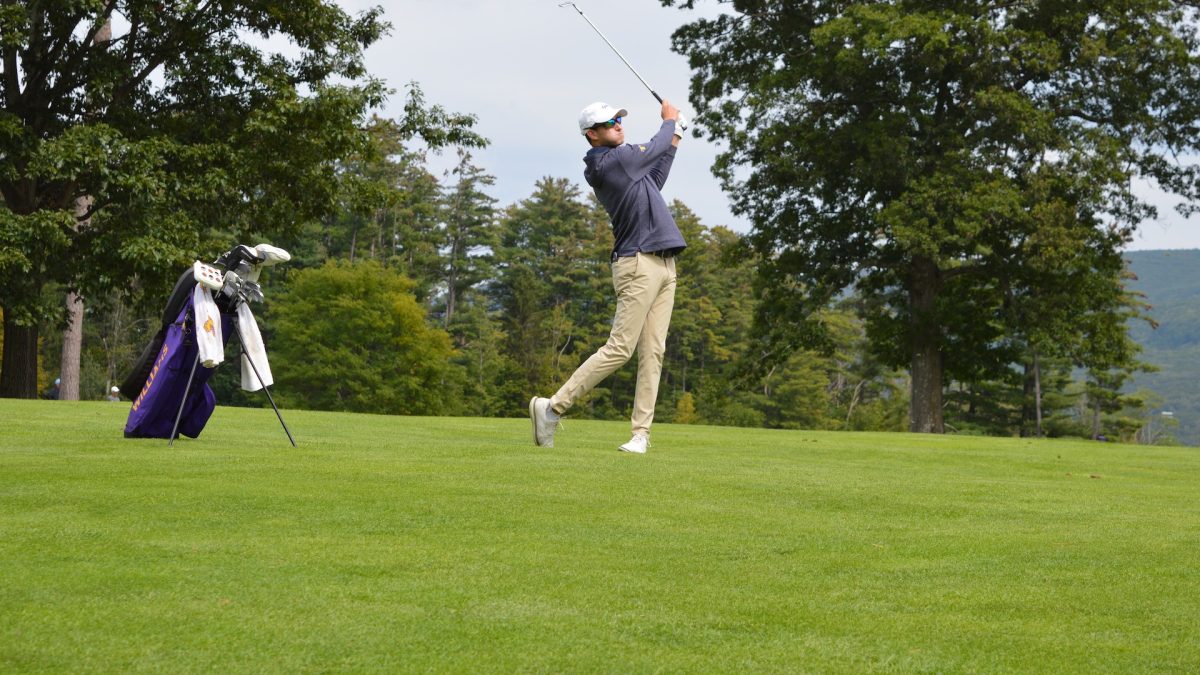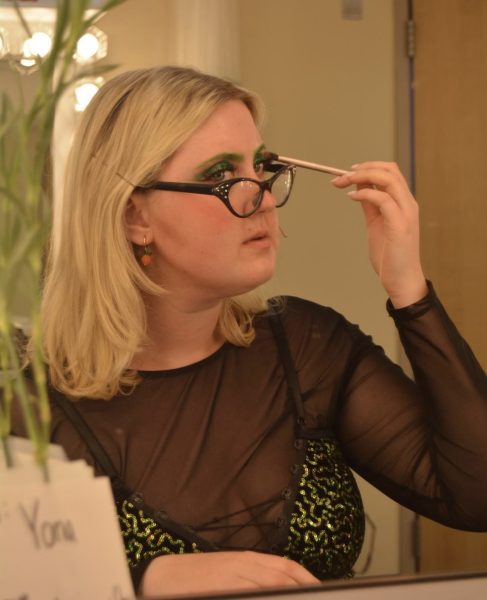
Yona Kruger ’25 is a music major and hair clip enthusiast from New York, N.Y. In addition to being a champion equestrian, she is the co-music director of a cappella group the Ephlats and, most recently, Hope Cladwell in Cap & Bells’ upcoming musical Urinetown. In an interview with the Record, she discussed her love for opera and musical theatre. This interview has been edited for length and clarity.
Safiyah Anwar-Chuku (SAC): When did you start singing?
Yona Kruger (YK): I started singing when I was 12 or 11, but I started actually singing when I got to high school — I was like, “Okay, I should study classical voice a little.”
Shane Stackpole (SS): Do you have any hot takes on music?
YK: I don’t know if I necessarily have any controversial opinions, but [Artie Carpenter ’25] said the most beautiful thing about music in class last year, and I still think about it. He said, “Music is just a way of decorating time.” Isn’t that so profound?
SAC: What is it like being the only female-identifying music major?
YK: I think it’s a little funky to be the only female-identifying music major. I mean, I love the other music majors, literally more than anything — we’re buddies. We’ve been through a lot together. But it’s a little weird.
SAC: So, how do we get more women in music?
YK: I don’t know. Well, I think a lot of singers are really disrespected [in the music industry] in the way that [people think], “Oh, they don’t have to know theory,” or, “You don’t have to know anything.” People say, “They just rely on their talent.” And sometimes, that’s true, but at least here [at the College], we all work just as hard as everyone else.
SAC: Do you think women are deterred from music because of certain pressures?
YK: I think music as a profession is a very male-dominated field. It’s funny that the performance side of it has so many more women — and that’s what I want to do. I’m like, “Damn, I’m just reinforcing the stereotype.”
SS: Let’s talk about your role in Urinetown.
YK: I feel like for my whole life, I’ve been like, “Oh, you could sing the part of the ingénue — you sound like a princess, but you’re not gonna get the part. You’ll just be the maid or the mom or the older, jaded character who sings the ballad.” And that’s super fun — I don’t hate that. But I think it’s really fun to get to be the ditzy, perfectly prim character that everyone in the show says is “so beautiful.” That’s so fun. I’ve never been able to do that before.
SAC: Why do you think certain people get typecast in musical theatre?
YK: I think musical theatre is sometimes less focused on the actual technique of singing. In opera, that’s not the case — there’s nowhere to hide. You can’t hide your voice behind being a beautiful person. But in musical theatre, you can because it’s about putting on a show. I think sometimes, part of that show is about wanting to look at beautiful people, which unfortunately sucks for people who aren’t skinny, blonde, blue-eyed, and 5-foot-6.
SAC: Are there any ways in which musical theatre can be more inclusive than opera?
YK: The amount of snobbery, training, and money you need to make it in opera… It’s just such an inaccessible field. This isn’t to say that musical theatre isn’t, but I think the musical theatre community has opened a conversation a lot more about casting people of color, with different body types, and who may not identify with one gender.
SS: Is this why you want to do theatre over opera as a performer?
YK: I think I’m still interested in doing both, but my heart definitely will always be with theatre. It’s just so much more fun. Musical theatre is such an immersive experience in a way that I feel opera isn’t.
SAC: So what are you most excited for about this new role as the lead in Urinetown?
YK: I think I’m most excited about the cast, which is the best that’s ever walked the face of the Earth. I’m also excited because… I have literally no idea how to play this part. So as much as I’m like, “Oh my God,” I also have to figure out how to do it now.






